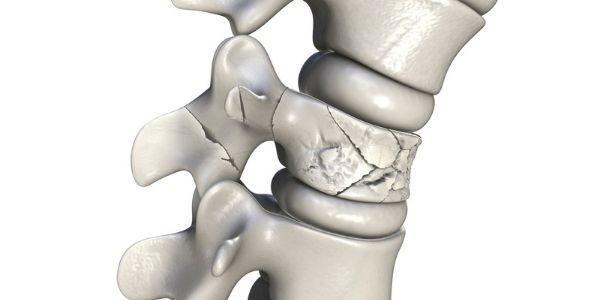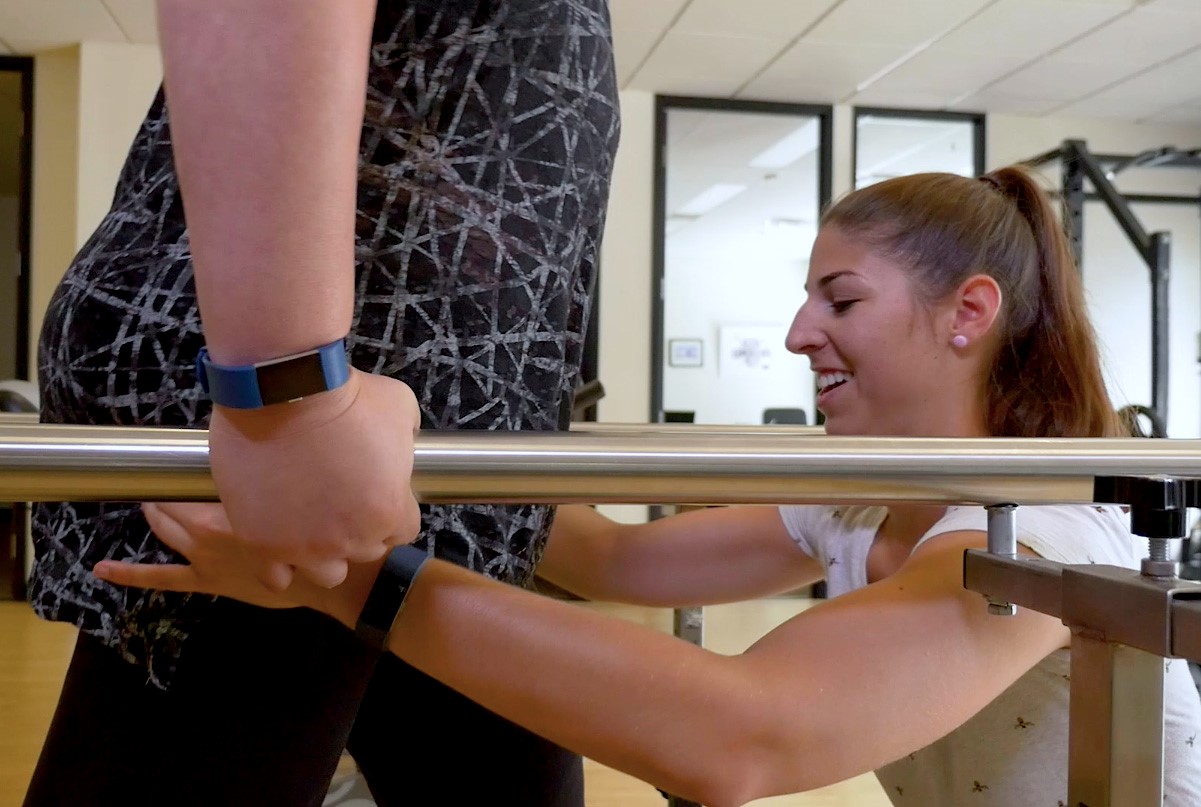Compression fractures can affect anyone at any point in their life. These types of fractures are most common in the elderly. In fact, 25% of post-menopausal women will experience a compression fracture.[i]
These types of fractures can cause significant pain and disability. This can lead to a loss of function and mobility. In this article, we explore why compression fractures occurs. We then discuss management options for this condition.
What is a Compression Fracture?
Compression fractures occur when the vertebral body breaks. This happens in response to stress or pressure placed on the vertebrae. Vertebrae are the bones stacked on top of one another that make your spine. Most of these types of fractures occur in the mid back or lower back.
Why Do They Occur?
Most compression fractures occur in weakened bone. Osteoporosis is one such case. Post menopausal women have an increased risk of compression fractures. Hormonal changes in menopause weaken the structure of the bone. This makes it more susceptible to fractures.[ii]
Compression fractures can occur in healthy bone, in some cases. For example, trauma from a motor vehicle collision or fall.
Tumours and infection are a less frequent cause of compression fractures.
Types of Compression Fractures
There are three categories of compression fractures:
Wedge Fracture
This is the most common type of compression fracture. It occurs in the anterior segment of the vertebral body. It results in decreased height of the anterior section. There is no change to the posterior vertebral body. This fracture can progress to develop a rounded mid-back deformity. [iii]
Biconcave Fracture
This is the second most common type of fracture. It occurs when the centre of the vertebral body collapses. The wall of the vertebral body stays intact.
Burst Fracture
High-energy trauma crushes the vertebrae in multiple directions. This results in significant compression. There is the potential for neurological injury.
Symptoms of Compression Fractures
Symptoms of compression fractures that occur after the injury can include:
- Midline focal and sharp back pain in the area of the injury
- Increased pain when standing or walking
- Decreased pain when lying on back
- Limited spinal movement
- Eventual loss of height
- Potential spinal deformity with time
Management of Compression Fractures
Conservative management of compression fractures is the preferred. A conservative approach is non-surgical. If conservative therapy does not manage pain, surgery is an option. Examples include cases of imminent or existing neurological deficits. Cases of severe spinal deformity may require surgery.[iv]
Physiotherapy management aims to reduce pain and increase range of motion. It also aims to strengthen and improve posture and balance. Pain reduction techniques include massage, taping, acupuncture and cupping.
Exercise programs are an important part of compression fracture treatment. The exercise program should incorporate strength, balance and postural exercises. Our therapists have the experience and knowledge to assess and treat compression fractures. They can address the causes and possible outcomes of this type of injury. Let us help you improve your function and mobility. Get back to doing the things you enjoy.
Written by


















